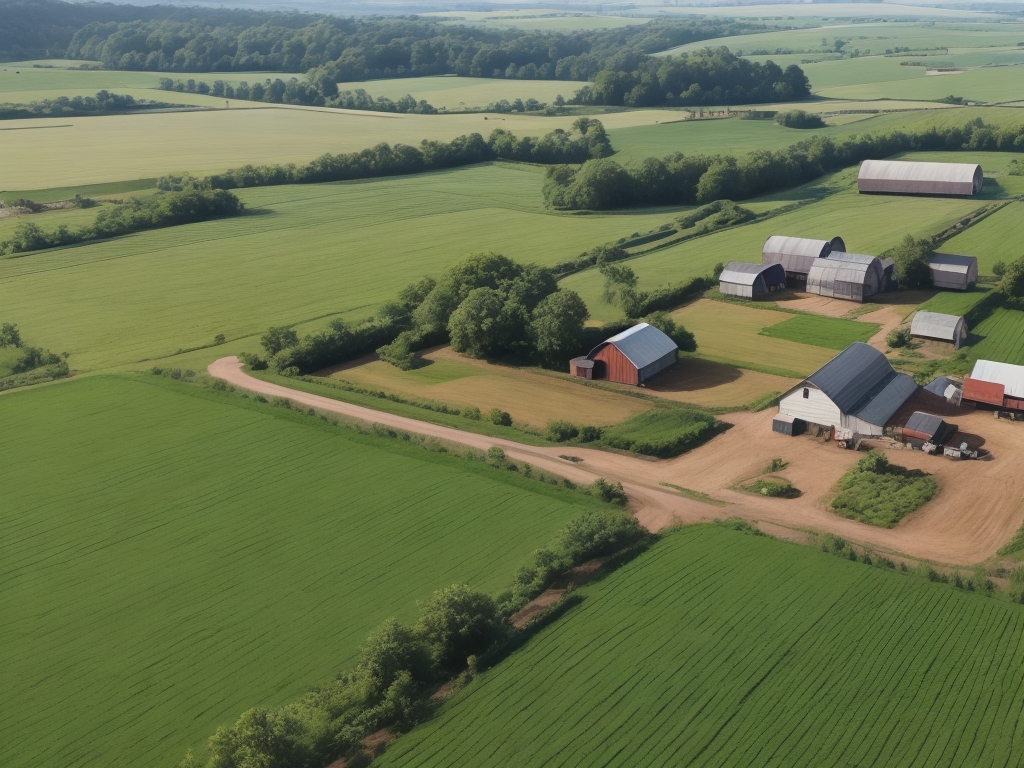Growing Smarter: How AI is Helping in Farming
In today’s rapidly advancing world, technology is not just confined to our homes and workplaces; it’s also transforming our farms. Artificial Intelligence (AI) is playing a pivotal role in modernizing agriculture, making farming more efficient, sustainable, and productive. Let’s explore how AI is helping in farming and reshaping the agricultural landscape:
1. Precision Farming:
- AI-powered drones and sensors gather data on soil health, moisture levels, and crop conditions with precision.
- Farmers use this data to optimize irrigation, fertilizer usage, and pest control, leading to higher yields and reduced environmental impact.
2. Crop Monitoring and Management:
- AI algorithms analyze satellite imagery and field data to monitor crop health and growth throughout the season.
- This helps farmers detect diseases, nutrient deficiencies, and other issues early, allowing for timely interventions to prevent yield loss.
3. Predictive Analytics:
- AI predicts weather patterns, market demand, and crop prices, enabling farmers to make informed decisions about planting, harvesting, and selling their produce.
- By anticipating fluctuations in supply and demand, farmers can optimize their crop rotations and maximize profitability.
4. Automated Machinery:
- AI-enabled machinery, such as autonomous tractors and robotic harvesters, streamline farming operations and reduce labor costs.
- These machines can perform tasks like planting, weeding, and harvesting with precision and efficiency, freeing up farmers’ time for other activities.
5. Crop Breeding and Genetics:
- AI analyzes genetic data to identify traits that contribute to crop resilience, yield, and nutritional value.
- This information helps breeders develop new crop varieties that are better suited to withstand environmental stresses and meet the changing needs of consumers.
6. Pest and Disease Management:
- AI systems can identify pests and diseases in crops through image recognition and sensor data analysis.
- Early detection allows farmers to take targeted actions, such as applying pesticides or implementing biological controls, minimizing crop damage and reducing chemical usage.
7. Supply Chain Optimization:
- AI optimizes the supply chain by tracking inventory, predicting demand, and optimizing transportation routes.
- This ensures that fresh produce reaches consumers efficiently, reducing waste and improving food quality.
Advantages of AI in Agriculture:
- Increased Efficiency: AI streamlines farming processes, saving time and resources.
- Higher Yields: By optimizing inputs and crop management, AI helps farmers achieve higher yields.
- Sustainability: AI promotes sustainable farming practices by reducing chemical usage and minimizing environmental impact.
- Cost Savings: With AI-driven automation, farmers can lower labor and input costs.
- Food Security: AI helps ensure a stable food supply by improving crop resilience and productivity.
In conclusion, AI is revolutionizing agriculture by providing farmers with valuable insights, optimizing resources, and improving productivity. As the world’s population continues to grow, the adoption of AI in agriculture will play a crucial role in meeting the demand for food while protecting our planet’s resources.
